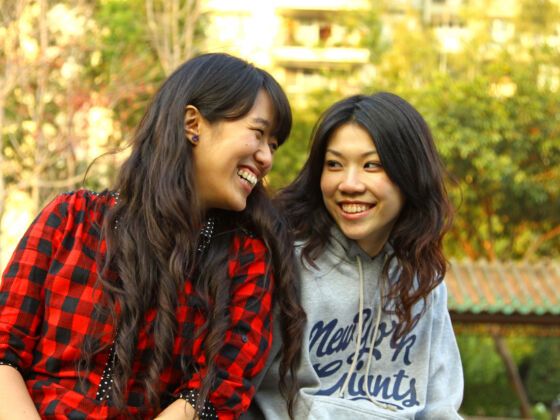WHEN I WAS NINE YEARS-OLD my family and I went on a summer vacation in Phoenix, Arizona.
As a Chinese family that had gained American citizenship only a few years prior, much of my childhood was spent exploring the American side of the “Chinese American” identity we had adopted.
We drove all over our home state of Washington, visited Cannon Beach in Oregon, cruised down the Pacific Coast Highway of California. One special year when my cousin came to visit us from Hong Kong, we flew to Orange County, California and spent two days at Disneyland. I tortured my family by making them go on the Pirates of the Caribbean ride no less than five times. That “A Pirate’s Life For Me” song was just so catchy.
